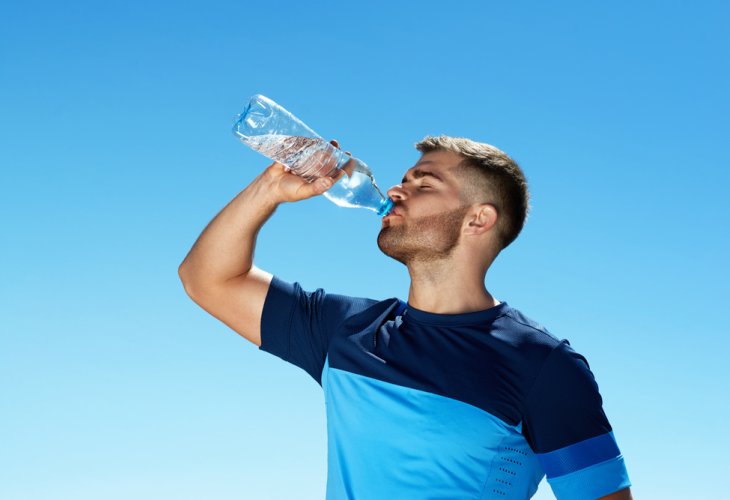Health and Nutrition
Is Milk Better Than Water for Quenching Thirst? Science Says Yes
Discover how milk’s unique blend of protein, fat, and nutrients provides longer-lasting hydration- plus why sugary drinks may actually make you thirstier.
 (Photo: Shutterstock)
(Photo: Shutterstock)Many people believe that the best way to quench thirst is to drink water. Interestingly, a study suggests that milk may actually combat long-term thirst more effectively.
Milk contains lactose, protein, and a small amount of fat, which help the body retain moisture over a longer period of time. Because of this, milk can be a highly effective option when you're looking to stay hydrated for longer stretches.
Beyond hydration, milk is also rich in essential vitamins and minerals that support various bodily functions:
Vitamin B12: Crucial for proper nervous system function, red blood cell formation, and fat metabolism.
Vitamin A: Supports night vision and strengthens the immune system.
Sodium: Helps maintain the electrical charge necessary for nerve and muscle cell activity.
Magnesium: Aids in bone development and nerve signal transmission.
Potassium: Essential for proper functioning of the body’s cells.
Riboflavin (Vitamin B2): Important for converting food into energy.
Niacin (Vitamin B3): Involved in the production of fatty acids.
What About Sugary Drinks?
It's best to avoid sugary beverages and fruit juices when you're trying to quench your thirst. While they may provide temporary relief, they tend to trigger a cycle of repeated thirst. You might feel satisfied for a short while, but within minutes, you’ll likely find yourself reaching for another drink.
If you're looking for long-lasting hydration, milk might be a better option than water alone, especially due to its added nutritional value.

